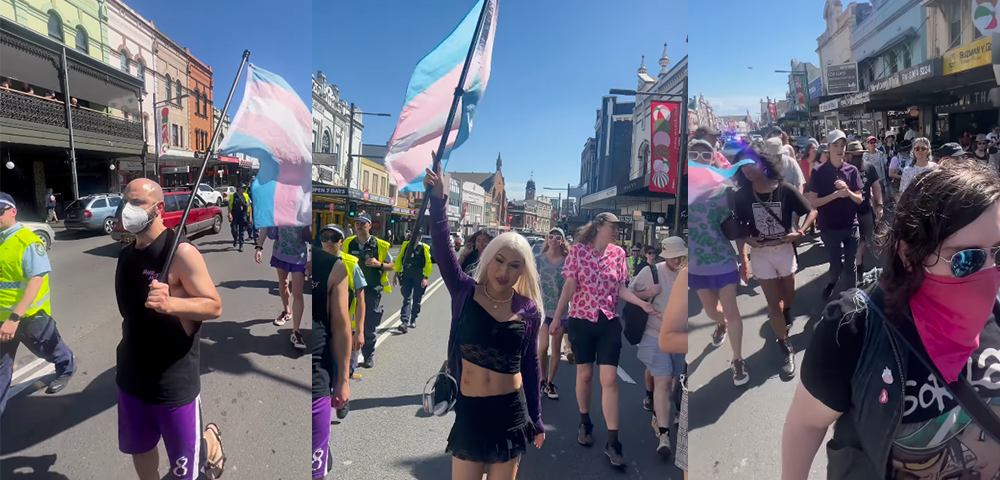
New STI in NSW
The first confirmed NSW cases of a rare sexually transmissible infection have prompted health authorities to launch an awareness campaign for doctors and the community, amid concerns GPs could otherwise misdiagnose the condition.
Health officials are calling on gay men -“ particularly those who have rough casual sex -“ to be aware of lymphogranuloma venereum, or LGV, which is caused by certain strains of chlamydia.
The four NSW diagnoses were all among men who had sex with men, and three occurred among people who lived in Sydney. The fourth was from a man who lived in rural NSW.
NSW Health was notified of the diagnoses in June, but believes the infections occurred during the last two years. LGV has already appeared in gay communities in Europe and North America in recent years. Victoria has reported two cases -“ both among gay men -“ since 2004.
Symptoms of the infection can include discharge, diarrhoea, constipation and fever. However, the infection is not always obvious and can cause lasting damage such as chronic inflammation of the lymphatic system and severe genital swelling if untreated. In very rare cases it can be fatal.
Typically people develop a small, painless sore where the bacteria enters the body, usually inside the rectum, one to two months after infection, NSW Health director of communicable disease Dr Jeremy McAnulty said.
But sometimes these signs can go unnoticed so it’s important to be aware of symptoms and seek antibiotic treatment as soon as possible.
The NSW notifications are also concerning because of low awareness of LGV in Australia, even among doctors.
It’s not the sort of thing that would normally be picked up on unless the doctor was suspicious that it might be LGV, NSW Health medical epidemiologist Dr Andrew Marich told Sydney Star Observer.
Because it’s a very rare disease and there are other more common diseases that affect particularly the rectum that present very similarly, that confusion can be made.
That’s why we’re keen to increase people’s awareness about the disease.
NSW Health is planning to contact Sydney GPs to alert them to the LGV notifications. It is also urging men who have sex with men to look out for LGV symptoms and have regular sexual health check-ups. If diagnosed in time, LGV is easily curable with a three-week course of antibiotics.
Gay men who have unprotected casual anal sex appear to be most at risk of infection, and those who engage in rough sex practices could be particularly susceptible.
We know that particularly in the Netherlands there’s been a suggestion that a lot of the cases have been into rough sex practices or practise fisting or use sex toys, things that are likely to cause more trauma to the lining inside the rectum, Marich said.
A cluster of LGV cases was reported among gay men in the Netherlands in 2003. Infections have since been confirmed in several European countries, the United States and Canada.
Marich said it was unclear if the infections reported in NSW had occurred overseas.
ACON president Adrian Lovney said the LGV notifications were concerning given recent rises in some other STIs among Sydney gay men.
Yes, there is a risk that we might see further LGV infections and obviously that’s why we’re concerned about it, Lovney told the Star.
The usual messages apply -“ the best way to keep yourself safe from HIV and other STIs including LGV is by using condoms and lube.
And if sex toys are being used they should be appropriately protected.
Using latex gloves during fisting also reduced infection risk.
Obviously people who are HIV-positive should take particular care, Lovney said.
The coexistence of HIV infection and another infection like LGV can be particularly harmful to people’s health.
For more information about LGV and other sexually transmissible infections visit www.whytest.org.









